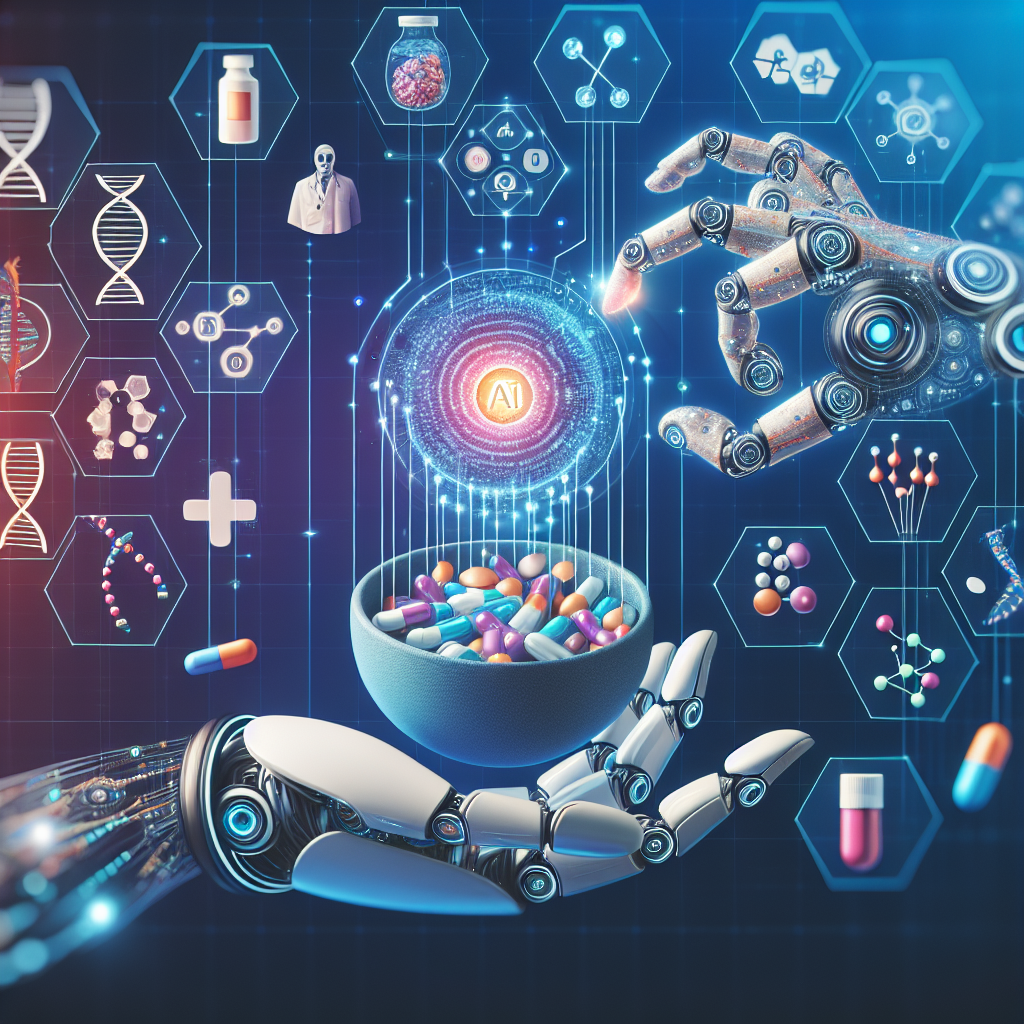In recent years, the healthcare landscape has undergone a significant transformation towards personalized medicine—a tailored strategy that takes into account individual differences in genetics, environment, and lifestyle. At the heart of this change is Artificial Intelligence (AI), which is unlocking insights from extensive datasets that were previously unimaginable. This article explores the fundamentals of personalized medicine, the impact of AI on treatment strategies, and the future implications for healthcare.
Understanding Personalized Medicine
Personalized medicine, often known as precision medicine, seeks to adapt healthcare by customizing decisions and treatments to individual patients instead of relying on a universal approach. It hinges on:
- Genomic Information: Analyzing an individual’s DNA to identify genetic markers that affect health risks and treatment responses.
- Lifestyle Factors: Investigating how personal habits, including diet and exercise, influence overall health and treatment effectiveness.
- Environmental Influences: Acknowledging external factors such as pollution, socioeconomic conditions, and stress that impact health outcomes.
By integrating these elements, personalized medicine aims to deliver the right treatment at the optimal time for each patient.
The Role of AI in Personalized Medicine
AI has become a pivotal force in personalized medicine, enhancing various facets of this approach:
1. Data Analysis and Pattern Recognition
AI algorithms have the capability to process extensive datasets from genomics, electronic health records, and clinical trials. Machine learning models can uncover patterns and correlations that human analysts might miss. This capability enables:
- Risk Prediction: Identifying individuals who are at heightened risk for conditions like cancer, diabetes, or heart disease.
- Tailored Treatment Plans: Customizing treatments based on a person’s unique biological characteristics and lifestyle.
2. Drug Discovery and Development
AI expedites drug discovery by predicting how different compounds will interact with specific biological targets. This leads to:
- Faster Development: Shortening the time and costs associated with launching new drugs.
- Targeted Therapies: Creating treatments that are more effective for certain patient demographics based on genetic information.
3. Enhanced Diagnostics
AI-driven diagnostic tools leverage advanced imaging and data analysis techniques for more accurate diagnoses. For instance:
- Radiology: AI systems can analyze imaging scans to detect anomalies earlier than traditional methods.
- Genetic Testing: AI aids in interpreting genetic tests, leading to quicker and more accurate diagnoses of hereditary conditions.
4. Patient Engagement and Monitoring
AI technologies enhance continuous patient engagement through health applications and wearable devices that track real-time health metrics. This promotes better adherence to treatment plans and dynamic adjustments based on current data.
Challenges and Ethical Considerations
Despite the promising advancements in personalized medicine driven by AI, several challenges remain:
1. Data Privacy and Security
The extensive collection and analysis of patient data raise significant privacy concerns. Ensuring data security and compliance with regulations such as HIPAA is essential for maintaining patient trust.
2. Accessibility
Not everyone has equal access to personalized medicine technologies. Socioeconomic factors can create disparities in who can benefit from these advancements.
3. Algorithmic Bias
AI systems depend on the quality of their training datasets. If these datasets lack diversity, there is a risk that AI-optimized treatments may not be effective across different populations, potentially widening health disparities.
The Future of Personalized Medicine
As technology progresses, the potential for AI in personalized medicine is set to expand. Anticipated advancements include:
- Integration of Multimodal Data: Future applications may combine data from various sources, including social determinants of health, to create more comprehensive patient profiles.
- Real-World Evidence: Utilizing data from actual patient experiences to refine treatment protocols and regulatory strategies.
- Gene Editing: Methods like CRISPR, in conjunction with AI insights, could provide curative possibilities for genetic disorders.
Conclusion
AI is revolutionizing personalized medicine, facilitating a more tailored approach to healthcare that acknowledges the unique traits of each individual. By enhancing diagnostics, treatment options, and patient involvement, AI promises to deliver more effective and efficient healthcare solutions. Addressing the related challenges is essential to ensure that the advantages of personalized medicine are accessible to everyone, paving the way for a healthier future.

